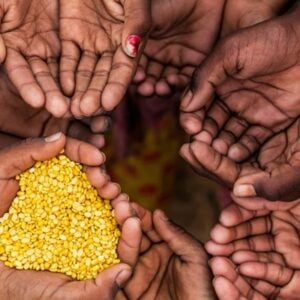The Senegalese government has approved an emergency fund of CFA2.5 billion ($4.5 million) to support populations impacted by recent floods, officials announced on September 19. The relief package allocates $1.8 million for urgent drainage works to clear stagnant water and $2.7 million for direct assistance, including food distribution, shelter materials, and logistical support.
Floods continue to pose significant risks in Senegal, affecting food security and displacing thousands of people. In 2024, severe flooding along the Senegal River forced over 56,000 people from their homes, particularly in the Matam region, where more than 16,000 hectares of cropland were submerged. This destruction impacted livelihoods and threatened food security for nearly 250,000 people dependent on agriculture.
To address ongoing vulnerabilities, the government launched the National Flood Prevention and Management Program in August, a long-term initiative running through 2035. The plan focuses on sanitation, rainwater management, and land-use planning, prioritizing high-risk areas such as Touba, Kaolack, and the banks of the Senegal and Gambia rivers.
According to the World Meteorological Organization’s State of the Climate in Africa 2023 report, African countries lose 2–5% of GDP annually due to extreme weather events, including floods, droughts, cyclones, and heatwaves, highlighting the urgent need for investment in climate resilience and disaster preparedness.







